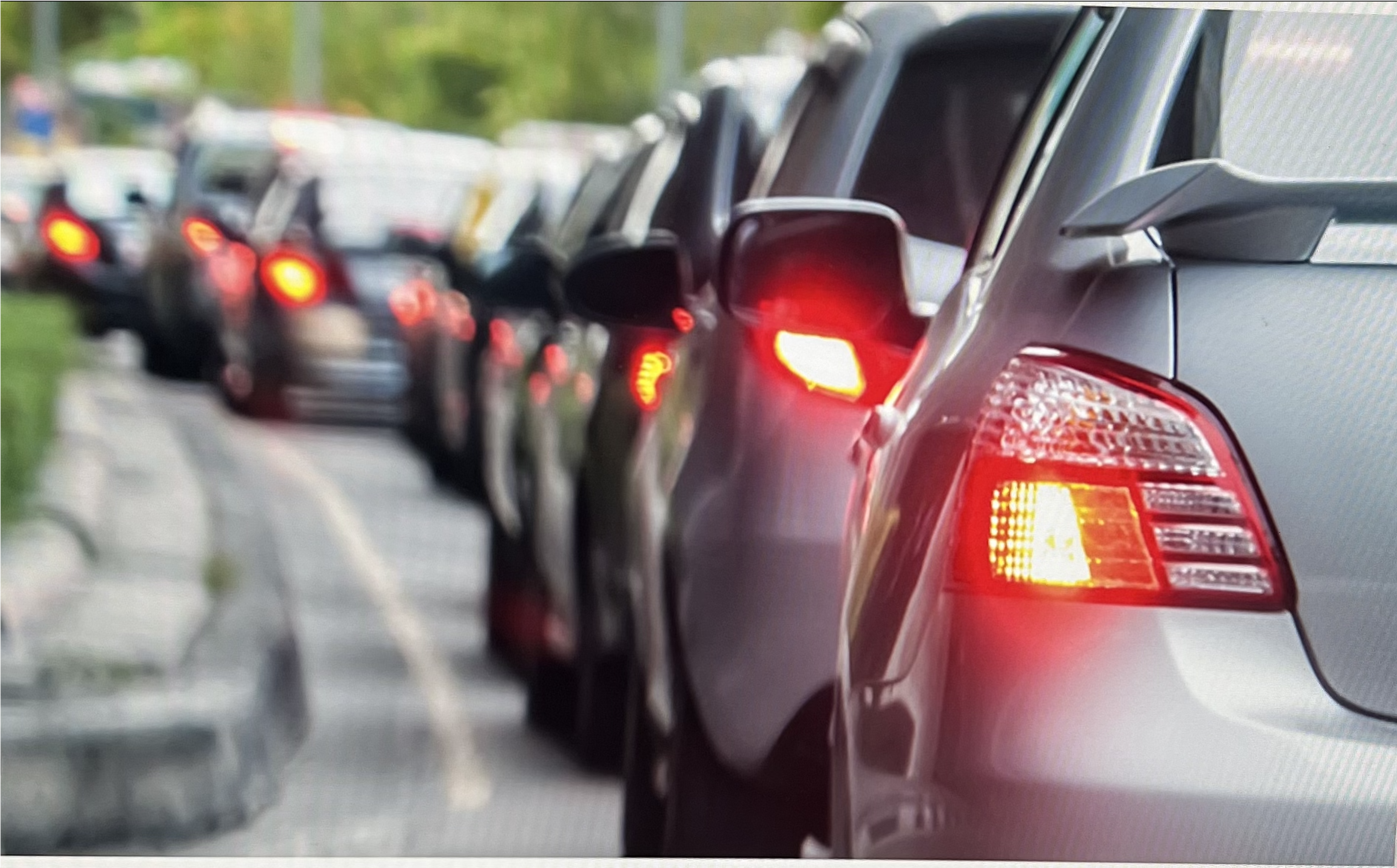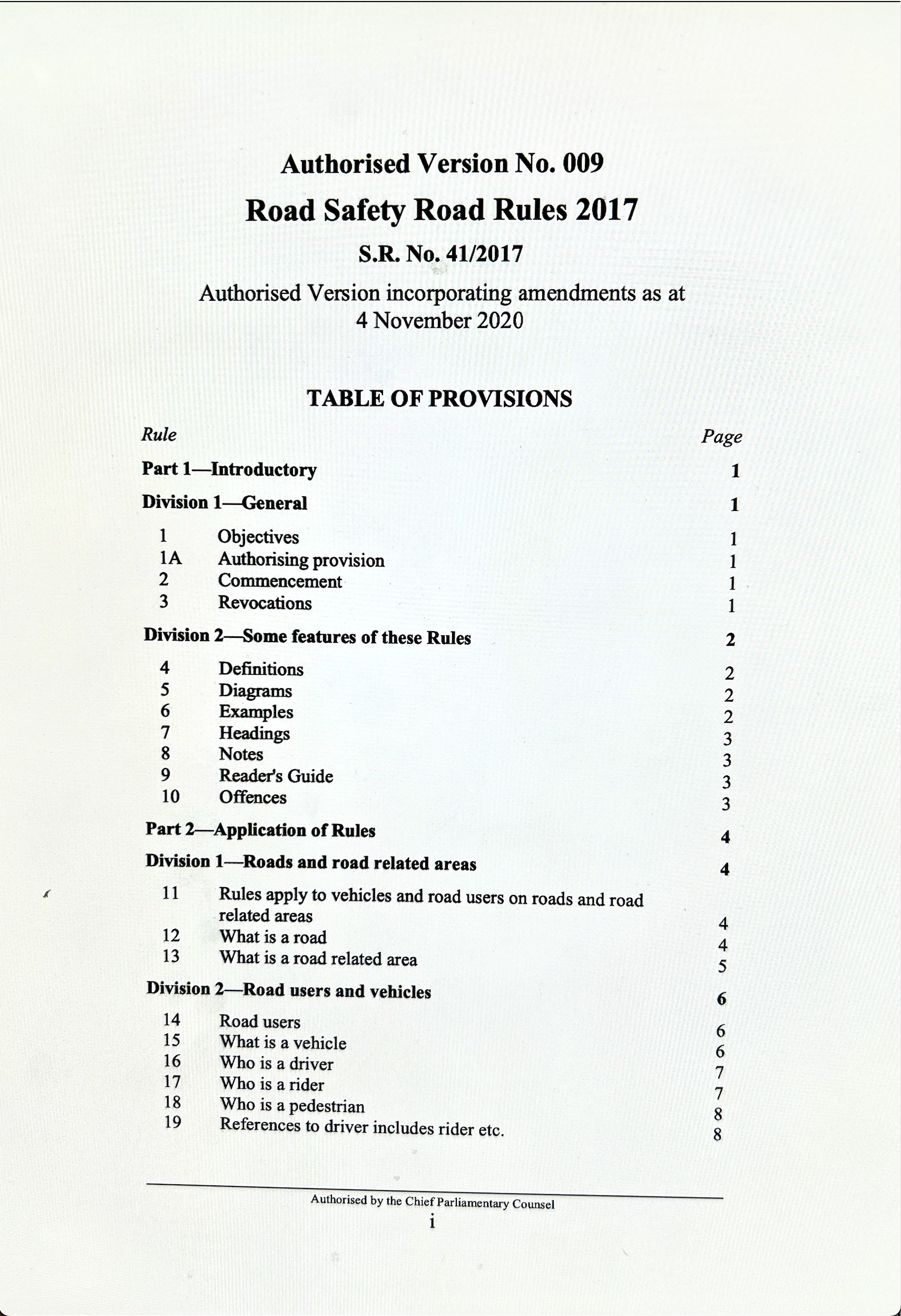What are some of the reasons for ongoing development of traffic regulations to meet changing traffic conditions?
As traffic patterns, vehicle technologies, and infrastructure evolve, new safety risks may emerge. Developing traffic regulations allows authorities to identify and address these risks, implementing measures to enhance safety for all road users.
Technological Advancements:
in vehicle technology, such as autonomous vehicles, electric cars, and connected vehicles, require updated regulations to ensure their safe integration into the existing traffic environment. Regulations may need to address issues like vehicle communication protocols, autonomous vehicle operation, and infrastructure compatibility.
Changing Demographics and Behaviour:
Demographic shifts, urbanization, and changes in travel behaviour influence traffic patterns and road use. Traffic regulations must evolve to accommodate these changes, such as by implementing measures to improve pedestrian and cyclist safety or managing the impact of ridesharing services on traffic congestion.
Growing concerns about air quality, greenhouse gas emissions, and climate change necessitate traffic regulations that promote sustainable transportation modes and reduce the environmental impact of vehicle travel. This may include regulations promoting the use of electric vehicles, alternative fuels, or initiatives to reduce vehicle emissions.
Traffic Congestion Management:
Increasing urbanization and population growth contribute to traffic congestion in many areas. Traffic regulations can play a role in managing congestion by optimizing traffic flow, promoting public transportation, and implementing measures like congestion pricing or lane management strategies.

Legal and Liability Considerations:
Changes in legal frameworks or liability standards may require updates to traffic regulations to clarify responsibilities and ensure legal compliance. For example, regulations governing liability for accidents involving autonomous vehicles may need to be developed as this technology becomes more prevalent.

Traffic-related air pollution, noise pollution, and the physical inactivity associated with car-dependent lifestyles can have significant public health implications. Traffic regulations can support initiatives to improve public health by encouraging active transportation modes, such as walking and cycling, and promoting road safety measures.